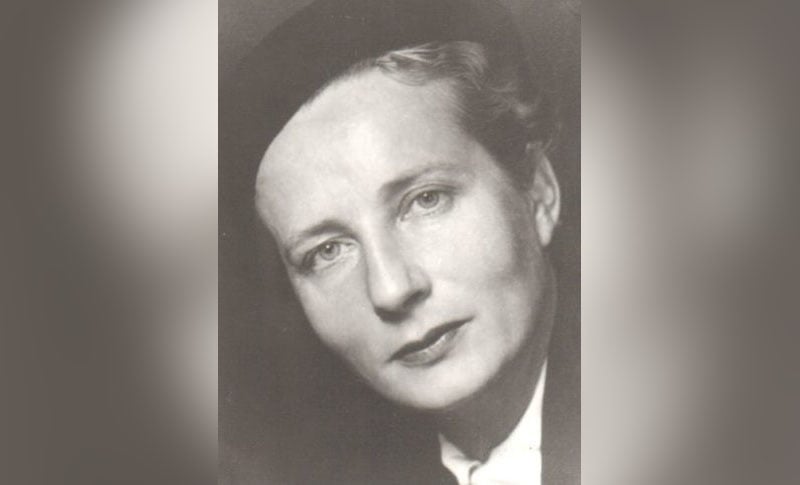Upcoming Film Explores How Leica’s Founding Family Helped Jews in WWII
![]()
Like the Underground Railroad, the Leica Freedom Train was not a physical object or location but a monumental and dangerous effort to save people from persecution and even death.
Update May 20: This article has been updated to reflect that Christine Guenther of Fireglory Pictures and Birgit Gernboeck are producers on the upcoming film. Versa Studios is also a partner on the film.
During World War II, the Leitz family, the founders of the iconic German camera company Leica, helped save hundreds of Jewish people from the Nazis. This incredible true story is poised to become a major feature film.
Directing the movie is Peter Webber, an Oscar-nominated filmmaker best known for his film Girl with a Pearl Earring. Per Variety, Webber is working alongside Martin Serene and Franziska Morai from Red Panda Films, with Morai writing the screenplay. Christine Guenther of Fireglory Pictures and Birgit Gernboeck are attached as producers, and Versa Studios is a partner for the movie.
While the Leica name is known by nearly every photographer today, the company’s century-plus of success resulted from a considerable risk — releasing the first compact 35mm camera. When entering a new market, there is always a genuine chance of failure.
However, this leap of faith in the 1930s was far from the most significant risk the Leitz family took during that period.
“However, the revolution of the Leica camera is only half of the story,” Webber explains. “Hardly anyone is aware that Ernst Leitz II, a Christian and committed democrat, used the family’s company as a gateway to help persecuted Jews escape Germany in World War II. Leitz saved so many people’s lives and never spoke about it. He was a humanitarian in the truest sense of the word.”

The still-unnamed movie will also feature Ernst Leitz II’s daughter, Elsie Kühn-Leitz, who the Gestapo arrested for aiding Jewish women. Elsie was released, following violent interrogation, thanks in large part to the success and prominence of the Leica camera company itself.
“It’s an honor to write a screenplay based on this remarkable true story, particularly about Elsie, who risked her life to save another woman, and thereby set an example of tremendous courage and compassion that’s deeply inspiring and lives on forever,” says the screenwriter, Morai.
Leica’s current owners, Andreas Kaufmann and Karin Rehn-Kaufmann, are helping the film’s production by providing access to the company’s private archives.
Ernst Leitz II did more than save an estimated few hundred Jewish people from grave danger; he also helped them find their feet in a new land. While the Leica Freedom Train story has been told many times over the years, it was, for a long time, virtually unknown.
“Under considerable risk and in defiance of Nazi policy, Ernst Leitz took valiant steps to transport his Jewish employees and others out of harm’s way,” said Abraham Foxman, director of ADL, in 2007 when presenting Letiz’s granddaughter, Cornelia Kühn-Leitz, with an award. “If only there had been more Oskar Schindlers, more Ernst Leitzs, then less Jews would have perished.”
Although photo history buffs have heard of it by now, the remarkable story of heroism will reach a much wider audience thanks to Webber’s upcoming film.